News
Customize list
-
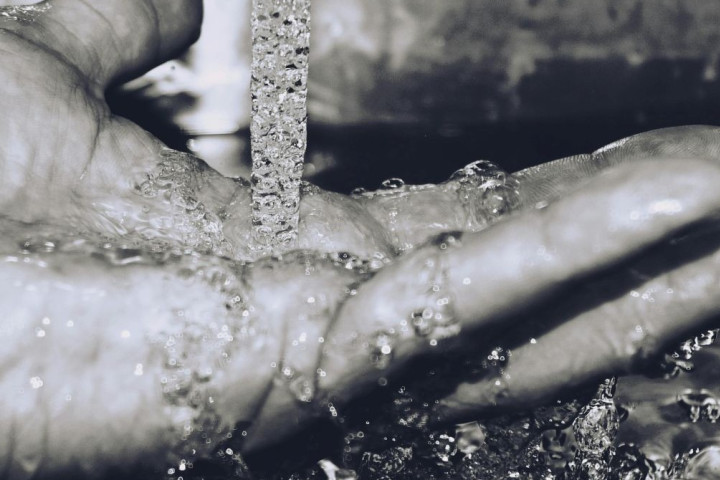
Microreactors of the Future for Efficient Wastewater Treatment Using Hydroxyl Radicals
The issue of wastewater treatment is becoming increasingly pressing in modern society, which is also reflected in the intensive research in this field. Conventional treatment methods are struggling to keep up with the growing diversity of pollutants that end up in various water bodies – both surface and groundwater. As a result, significant efforts are being invested in developing new technological approaches to address this challenge, with cavitation emerging as one of the promising technologies.
-
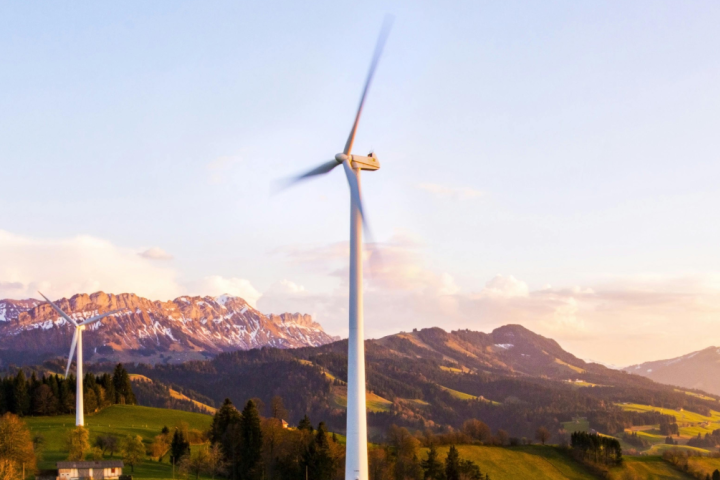
Planning Renewable Energy Without Conflict?
The transition to renewable energy is a political necessity. But how can it be implemented without compromising other vital objectives – such as biodiversity conservation, water management, cultural heritage preservation, and public health – while also ensuring active public engagement?
-
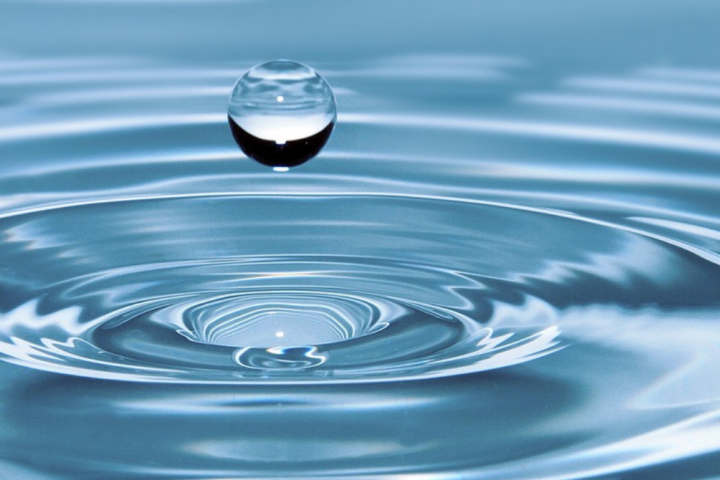
A completely new concept for harnessing waste heat and solar energy
Researchers from the Faculty of Mechanical Engineering at the University of Ljubljana, led by Assistant Professor Dr. Primož Poredoš, in collaboration with researchers from the ITEWA Innovation Team at Shanghai University, have developed a new concept for utilizing ultra-low temperature (waste) heat by simultaneously introducing solar energy and low-temperature heat into the system. They are the first in the world to present an entirely new concept for producing distilled water from saline, untreated water using thermally driven membrane distillation (MD).
-

Improving the Quality of Life in Arid Areas with a System for Generating Electricity and Fresh Water
In parts of the world where water is increasingly scarce, it is crucial to establish effective and sustainable systems for energy and water supply. The interdisciplinary project PV-W2WFresh is changing the way we think about solar energy and water scarcity, aligning with the Sustainable Development Goals (SDG 6 and 7) by promoting clean energy and water availability in rural and underserved regions. This cutting-edge research combines concentrated photovoltaic (CPV) technology with an innovative evaporation desalination process, creating a system that not only generates electricity but also provides a continuous source of clean drinking water.
-
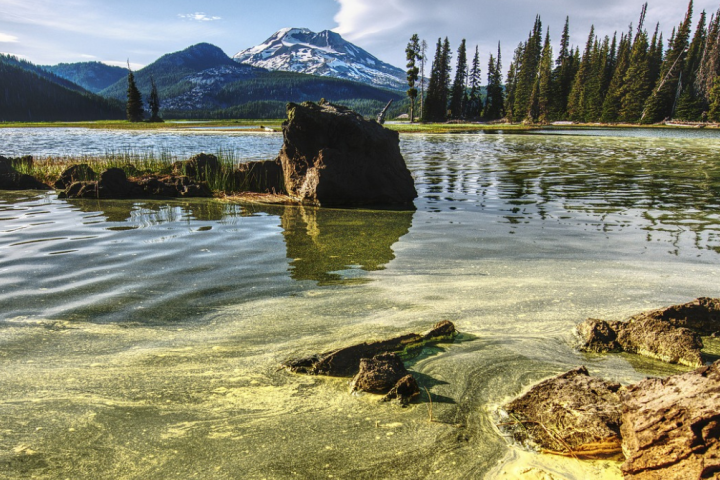
New methods for removing algae from drinking water
How to remove algae from drinking water? Since traditional methods, such as coagulation and sedimentation, are usually ineffective, Prof. Dr. Matevž Dular from the Laboratory for Water and Turbine Machines (LVTS) at the Faculty of Mechanical Engineering, together with colleagues from Yangzhou University, sought a solution in the use of ultrasound and advanced carbon-based materials.
-
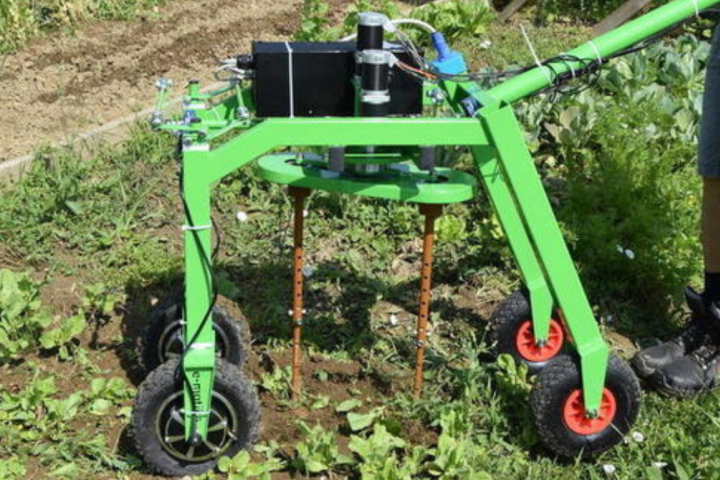
Sustainable Use of Soil with E-MOTIKA
Tillage machines are a necessity in agriculture, but they compact the soil and do not allow smaller farmers and growers to till and weed in an environmentally friendly and sustainable manner. Researchers from the Faculty of Mechanical Engineering of the University of Ljubljana, together with project partners on the Accelerated Vegetable Hoeing project - "MOTIKA," addressed this challenge by developing a hoeing machine specifically for smaller farmers and crop growers.
-
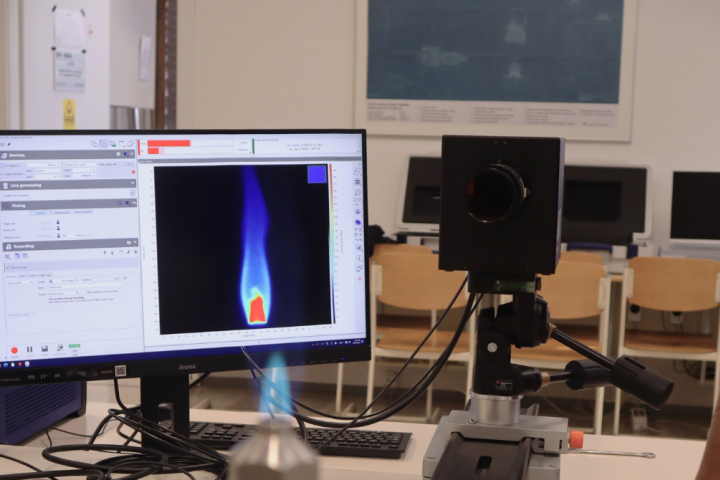
Faculty of Mechanical Engineering Successful in MSCA Doctoral Networks Call
The University of Ljubljana, Faculty of Mechanical Engineering, has been successful in the Horizon Europe Marie Skłodowska-Curie Actions (MSCA) Doctoral Networks call with the project UPCYCLE – Dissemination of Advanced Conversion Routes for Hard-to-Recycle Biogenic Waste. As part of the project, 15 doctoral candidates will be trained, three of whom will be based in Slovenia. The project is coordinated by Politecnico di Milano, with UL FS participating as a partner.
-

Harnessing the low temperatures of space to cool buildings and equipment in remote locations in an environmentally friendly way
Doc. dr. Professor Primož Poredoš, in collaboration with colleagues from the Laboratory for Environmental Technologies in Buildings at the Faculty of Mechanical Engineering, UL, and researchers from the ITEWA innovation team at Shanghai University, has developed a concentrator based on the AsymSkyCool method that enables cooling of buildings and appliances without the use of electricity. The concentrator takes advantage of the 'cold of space' – the extremely low temperatures of deep space, which can be as low as minus 15°C compared to the surrounding environment – and uses a special method to concentrate it and direct it towards a heat source. Using space as a cooling source enables environmentally friendly, efficient and sustainable cooling of devices that consume large amounts of electricity, such as LED lights, batteries and electric motors.
-
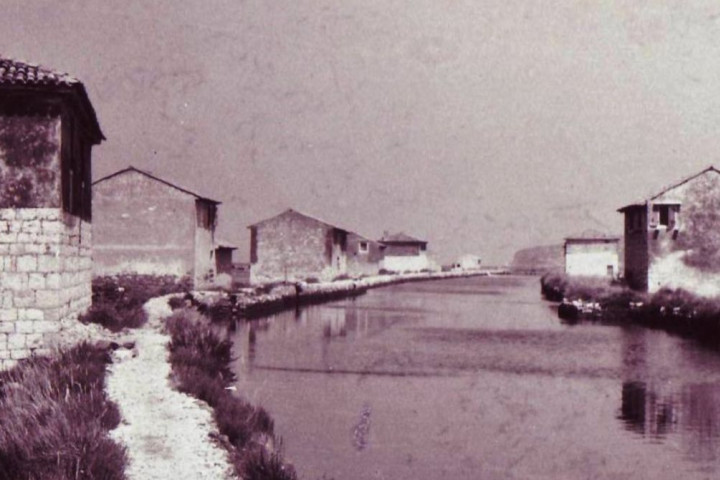
Use of ship technology for self-maintenance of saltpan cottages
Ship technology could offer a solution for the saltpan cottages which are falling inexorably into ruin in the area of the Sečovlje saltpans. This has been determined by students of various University of Ljubljana faculties under the mentorship of Senior Lecturer Mag. Valter Suban of the University’s Faculty of Maritime Studies and Transport. They were aware of the problem of degradation in the area of the Sečovlje saltpans, so they were looking for a way for the saltpan cottages to be reconstructed and changed into sustainable self-maintaining projects.
-
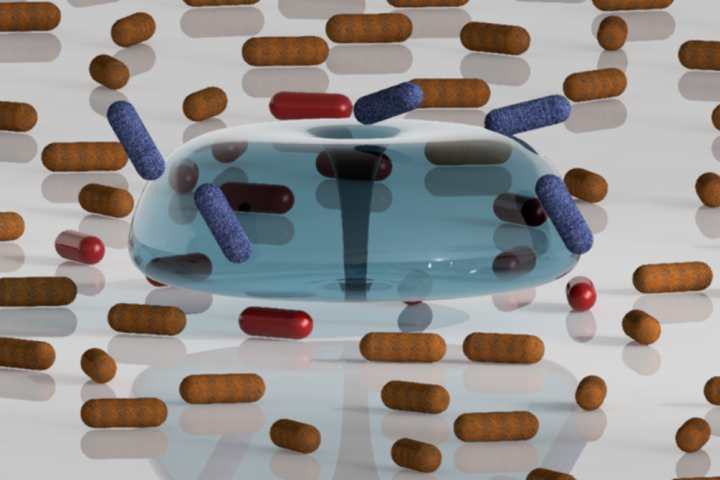
Treating wastewater through cavitation and understanding the effects of bubbles on bacterial cells
Increasing environmental pollution and drinking water shortages are a growing socioeconomic problem, in which cavitation technology can contribute to a cleaner and greener approach to wastewater treatment. Cavitation is a physical phenomenon that describes the phase change from liquid to vapour and back at constant temperature. The mechanical, thermal and chemical effects of cavitation can be utilised for various purposes, including to inactivate microorganisms in drinking water and wastewater. It has been proven that cells are subjected to damage in the immediate vicinity of a bubble. Further numerical analysis has identified the formation of microjets as a possible mechanism of bacterial cell damage.
-
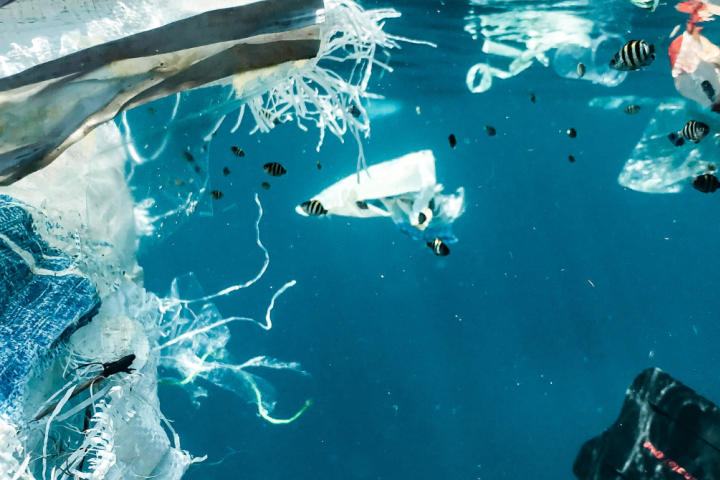
Using cavitation to break down invisible water pollutants
Researchers from the Faculty of Mechanical Engineering and the National Institute of Chemistry conducted an experimental study in which they achieved the degradation of a water-soluble synthetic polymer - poly(vinyl alcohol) PVOH - by acoustic and hydrodynamic cavitation. The use of PVOH is rapidly increasing, and as a result, increasing amounts of this material are being released into the environment. PVOH is widely used in the textile and paper industries, as well as in households, for example in the form of detergent pods. It is estimated that thousands of tons of it are washed into the aquatic ecosystem every year.
-

A controlled experiment tests the effectiveness of knowledge transfer in Slovenian agriculture for the first time
With agriculture accounting for around 10% of greenhouse gas emissions in the European Union, and with cattle farming contributing the largest share, there is an urgent need to increase the uptake of low-emission farming practices in this sector. Education and good advisory support play an important role in promoting such changes, enabling farmers to acquire new knowledge and change their attitudes towards this issue.
